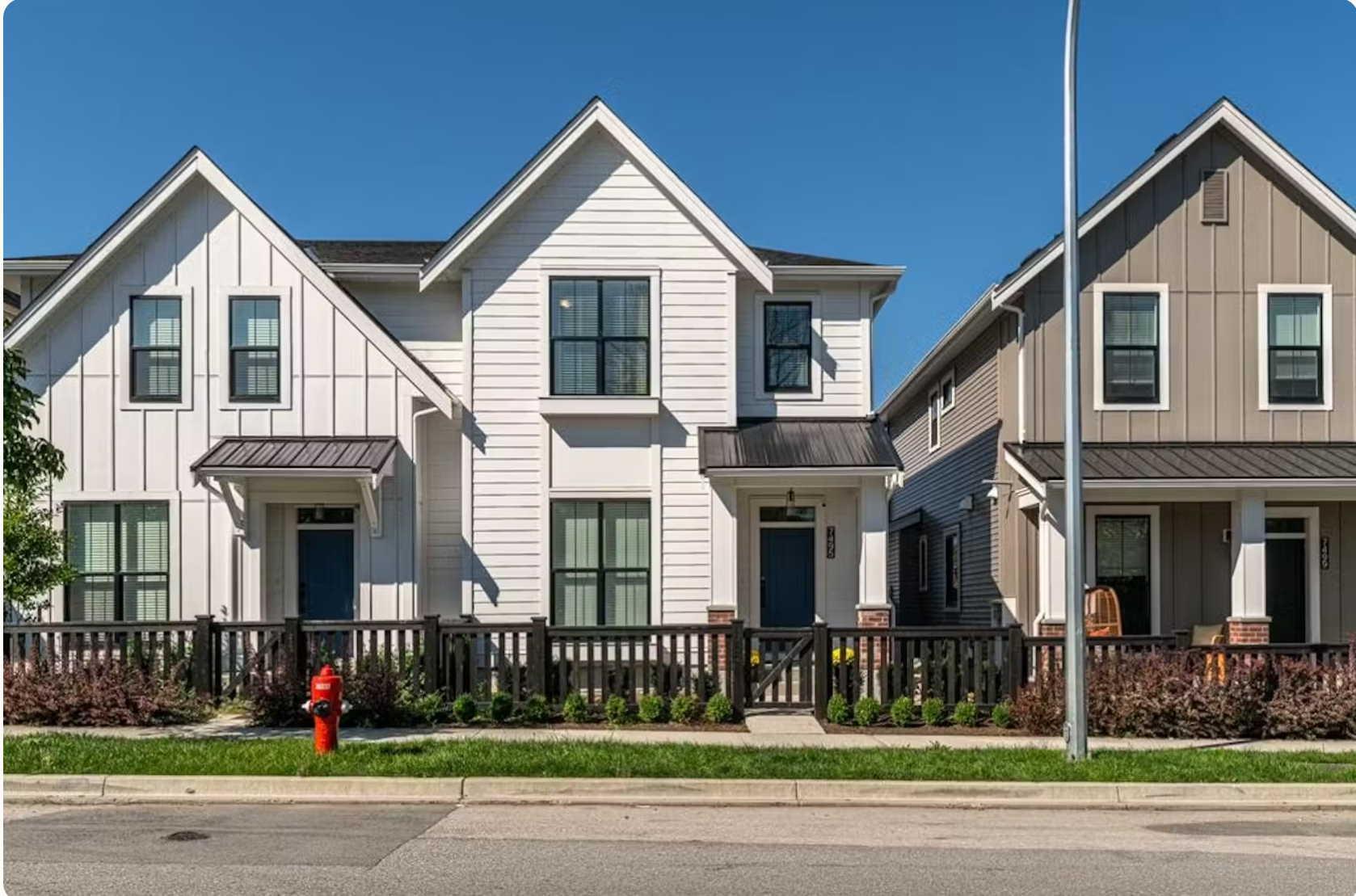How to Save Money When Buying Real Estate
https://buymeacoffee.com/kaysogy/how-save-money-when-buying-real-estate
 Buying real estate is a significant investment, but that doesn’t mean you have to overspend. Whether you're a first-time homebuyer or an experienced investor, there are strategic ways to cut costs without compromising on quality. From negotiating better deals to leveraging smart technology, this guide will walk you through essential tips to help you save money when purchasing real estate.
Buying real estate is a significant investment, but that doesn’t mean you have to overspend. Whether you're a first-time homebuyer or an experienced investor, there are strategic ways to cut costs without compromising on quality. From negotiating better deals to leveraging smart technology, this guide will walk you through essential tips to help you save money when purchasing real estate.
1. Research Real Estate Market Trends: Understanding real estate market trends can help you identify the best times to buy. Prices fluctuate based on supply and demand, seasonality, and economic conditions.
Monitor Market Cycles: Some seasons, such as winter, tend to have fewer buyers, which can result in lower home prices.
Analyze Housing Inventory: A market with high inventory gives buyers more negotiating power, leading to better deals.
Use Property Valuation Tools: Online tools can help you estimate a home's true market value, ensuring you don’t overpay.
2. Get Pre-Approved for a Mortgage: Securing the best mortgage financing options can save you thousands over the life of your loan.
Compare Interest Rates: Shop around for the lowest rates from banks, credit unions, and online lenders.
Improve Your Credit Score: A higher credit score qualifies you for better mortgage terms.
Choose the Right Loan Type: Fixed-rate mortgages provide stability, while adjustable-rate mortgages may offer lower initial rates.
3. Work with a Knowledgeable Real Estate Agent: A skilled real estate agent can negotiate better prices and uncover hidden savings opportunities.
Find an Experienced Agent: Choose an agent with expertise in the neighborhood you’re interested in.
Leverage Negotiation Skills: Agents can help you negotiate closing costs, seller concessions, and even home repairs.
Access Off-Market Listings: Some properties aren’t publicly listed, and working with the right agent can give you exclusive access.
4. Consider Buying a Fixer-Upper: Purchasing a home that needs renovations can be a cost-effective way to secure property at a lower price.
Assess Renovation Costs: Minor updates, such as painting or new flooring, can be more affordable than buying a move-in-ready home.
Look for FHA 203(k) Loans: These loans allow buyers to finance both the home purchase and renovations in one mortgage.
Hire a Professional Inspector: Avoid costly surprises by thoroughly evaluating a home before purchase.
5. Explore First-Time Homebuyer Programs: If you’re a first-time homebuyer, there are various financial assistance programs available.
Government Grants & Loans: FHA, VA, and USDA loans offer low down payments and reduced interest rates.
Down Payment Assistance Programs: Some states and local governments provide financial aid for down payments.
Tax Credits & Rebates: Look for tax deductions related to homeownership, such as mortgage interest and energy-efficient upgrades.
6. Negotiate Closing Costs: Closing costs can add up, but there are ways to minimize these expenses.
Ask the Seller to Cover Some Costs: In a buyer’s market, sellers may agree to pay a portion of closing fees.
Compare Lender Fees: Get quotes from multiple lenders to find the lowest processing and origination fees.
Use a Digital Closing Platform: Real estate automation and cloud-based solutions can streamline paperwork, reducing administrative costs.
7. Use Smart Home Technology for Energy Savings: Investing in smart home technology can reduce long-term living expenses.
Energy-Efficient Appliances: Look for homes with energy-saving features to lower utility bills.
Smart Thermostats & LED Lighting: These upgrades cut down electricity costs over time.
Solar Panels: Some homes may qualify for solar incentives, helping you save on energy.
8. Shop for Home Insurance & Property Taxes: Reducing ongoing costs such as home insurance and property taxes can lead to significant savings.
Compare Multiple Insurance Providers: Get quotes from different companies to find the best rate.
Look for Discounts: Some insurers offer lower premiums for security systems and disaster-resistant features.
Challenge Property Tax Assessments: If your home is overvalued, you may be able to appeal and reduce property taxes.
9. Consider Alternative Buying Strategies: There are creative ways to save money when investing in real estate.
Buy a Foreclosure or Short Sale: These properties are often priced below market value.
Use Online Property Listings: Platforms like Zillow, Redfin, and Realtor.com allow you to compare prices across different areas.
Partner with Other Investors: Pooling resources with friends or family can help reduce upfront costs.
10. Conduct Remote Property Inspections: Before finalizing a purchase, take advantage of remote property inspections to ensure a good investment.
Virtual Tours & 3D Walkthroughs: View multiple homes without traveling, saving both time and money.
Hire a Trusted Home Inspector: A thorough inspection prevents costly future repairs.
Use Digital Property Management Tools: Cloud-based real estate solutions help streamline document verification and communication with sellers.
Conclusion: Saving money when buying real estate requires smart planning, market awareness, and negotiation skills. You can secure the best deal on your dream home by leveraging property investment strategies, using digital property management tools, and exploring first-time homebuyers' advice. Whether you're looking for sustainable real estate, seeking home-buying tips, or investing in rental property management, these strategies will help you maximize savings while making a sound investment.
Comments
Post a Comment